Home>Gardening & Outdoor>Landscaping Ideas>When To Plant Grass Seed In Denver
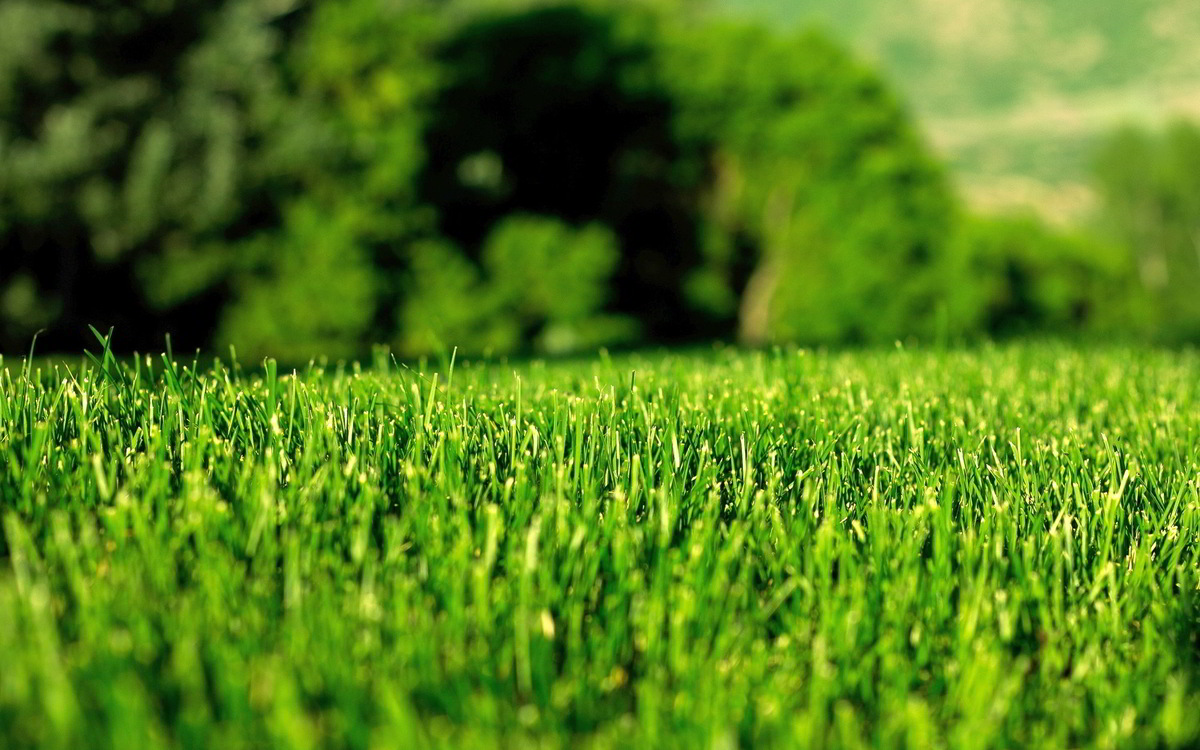

Landscaping Ideas
When To Plant Grass Seed In Denver
Modified: February 18, 2024
Discover the best time to plant grass seed in Denver with our expert landscaping ideas. Ensure a lush, healthy lawn with our planting tips and advice.
(Many of the links in this article redirect to a specific reviewed product. Your purchase of these products through affiliate links helps to generate commission for Storables.com, at no extra cost. Learn more)
Best Time to Plant Grass Seed in Denver
The Mile High City, Denver, experiences a unique climate that greatly influences the success of planting grass seed. The best time to plant grass seed in Denver is during the late summer to early fall, typically from mid-August to mid-September. This period offers the ideal conditions for grass seed germination and establishment.
During late summer and early fall, Denver experiences cooler temperatures and increased precipitation, creating a favorable environment for grass seed to take root. The soil is still warm from the summer months, promoting rapid germination, while the cooler air temperatures reduce the stress on newly emerging grass seedlings. Additionally, the increased moisture from occasional rainfall provides essential hydration for the seeds to sprout and develop strong root systems.
Planting grass seed during this window allows the young grass to establish itself before the harsh winter sets in. By the time spring arrives, the grass will have developed a robust root system, enabling it to withstand the challenges of the upcoming summer heat.
It's important to note that planting grass seed too early in the spring or too late in the fall can be detrimental to the success of the lawn. Early spring planting may expose the young grass to late frosts, while late fall planting may not allow sufficient time for the grass to establish before the onset of winter.
Understanding the best time to plant grass seed in Denver is crucial for achieving a lush and healthy lawn. By taking advantage of the late summer to early fall window, homeowners can give their grass seed the best chance to thrive in Denver's unique climate.
Key Takeaways:
- Best Time to Plant Grass Seed in Denver
The best time to plant grass seed in Denver is late summer to early fall. This period offers ideal conditions for germination and establishment, ensuring a lush and resilient lawn. - Factors and Steps for Successful Grass Planting
Consider climate, soil, sunlight, maintenance, and water availability before planting grass seed. Follow steps like soil preparation, seed selection, and proper watering for a thriving lawn.
Read more: When To Plant Borage Seeds
Factors to Consider Before Planting Grass Seed
Before embarking on the journey of planting grass seed in Denver, it's essential to consider several factors that can significantly impact the success of your lawn. Understanding these factors will help you make informed decisions and set the stage for a thriving and resilient grass cover.
1. Climate and Weather Conditions
Denver's climate is characterized by low humidity, intense sunlight, and significant temperature variations. It's crucial to select grass seed varieties that are well-suited to the local climate. Cool-season grasses such as Kentucky bluegrass, fine fescue, and perennial ryegrass are popular choices due to their ability to withstand the region's cold winters and hot summers. Additionally, considering the local weather patterns and precipitation levels will help determine the watering needs of the grass seed during the establishment phase.
2. Soil Quality and Composition
The composition of the soil in your yard plays a vital role in the success of grass seed germination and growth. Conducting a soil test to assess factors such as pH levels, nutrient content, and soil structure can provide valuable insights. Based on the test results, you may need to amend the soil with organic matter or specific nutrients to create an optimal environment for the grass seed to thrive.
3. Sunlight Exposure
Different areas of your yard may receive varying levels of sunlight throughout the day. Understanding the sunlight exposure patterns will help you select grass seed varieties that are well-adapted to the light conditions. Some grass species thrive in full sun, while others are more shade-tolerant. By matching the grass seed selection to the sunlight exposure in different areas of your yard, you can ensure uniform and healthy grass coverage.
Read more: When To Plant Vinca Seeds
4. Maintenance Requirements
Consider the level of maintenance you are willing to commit to your lawn. Some grass varieties may require more frequent mowing, fertilization, and pest control, while others are more low-maintenance. By aligning the grass seed selection with your maintenance preferences, you can create a lawn that suits your lifestyle and landscaping goals.
5. Water Availability and Restrictions
Denver's semi-arid climate means that water availability and conservation are critical considerations. Familiarize yourself with local watering restrictions and consider grass seed varieties that are drought-tolerant and require minimal irrigation once established. This proactive approach can help conserve water while promoting a healthy and sustainable lawn.
By carefully considering these factors before planting grass seed in Denver, you can lay a solid foundation for a vibrant and resilient lawn that thrives in the unique climate and conditions of the Mile High City.
Steps to Planting Grass Seed in Denver
-
Prepare the Soil: Begin by preparing the soil in the targeted area. Remove any debris, such as rocks or branches, and use a rake to level the ground. It's essential to ensure that the soil is loose and well-aerated to facilitate seed germination and root growth.
-
Conduct a Soil Test: Before planting the grass seed, conduct a soil test to assess the pH levels and nutrient content of the soil. This will help determine if any amendments, such as lime or fertilizer, are needed to create an optimal growing environment for the grass seed.
-
Select the Right Grass Seed: Choose a high-quality grass seed blend that is well-suited to Denver's climate and soil conditions. Consider factors such as sunlight exposure, water requirements, and maintenance preferences when selecting the grass seed variety.
-
Seed Distribution: Evenly distribute the grass seed over the prepared soil using a seed spreader. Be mindful of the recommended seeding rate for the specific grass seed variety to achieve uniform coverage.
-
Raking and Pressing: Gently rake the seeded area to ensure good seed-to-soil contact. Lightly pressing the seeds into the soil with a roller or by walking over the area can further enhance seed-to-soil contact, promoting better germination.
-
Watering: After seeding, water the area thoroughly to initiate the germination process. It's crucial to keep the soil consistently moist but not waterlogged during the germination phase. Consider using a fine mist setting on the hose or a sprinkler to prevent displacement of the seeds.
-
Monitoring and Maintenance: Regularly monitor the seeded area for signs of germination and growth. Once the grass seedlings have established, gradually reduce the frequency of watering while ensuring deep and thorough hydration to encourage strong root development.
-
Mowing and Fertilization: As the grass matures, follow recommended mowing practices and consider fertilizing the lawn based on soil test recommendations. Proper mowing and fertilization will contribute to the long-term health and vigor of the lawn.
By following these steps to plant grass seed in Denver, homeowners can establish a resilient and lush lawn that thrives in the unique climate and conditions of the Mile High City.
Tips for Maintaining a Healthy Lawn in Denver
Maintaining a healthy lawn in Denver requires proactive care and attention to the unique challenges posed by the city's climate and environmental conditions. By implementing the following tips, homeowners can nurture a vibrant and resilient lawn that enhances the beauty of their outdoor space.
Read more: When To Plant Foxglove Seeds
1. Proper Watering Practices
Denver's semi-arid climate necessitates thoughtful watering practices to support a healthy lawn. It's essential to water deeply and infrequently, promoting deep root growth and drought tolerance. Consider investing in a smart irrigation system that adjusts watering schedules based on weather conditions and evapotranspiration rates, ensuring efficient water usage while sustaining the lawn's vitality.
2. Mowing Techniques
Adopting the correct mowing techniques is crucial for maintaining a healthy lawn in Denver. Set the mower blades to an appropriate height, typically between 2.5 to 3 inches, to promote the development of strong and resilient grass roots. Additionally, vary the mowing patterns to prevent soil compaction and minimize stress on the grass, contributing to a lush and uniform lawn appearance.
3. Fertilization Schedule
Developing a tailored fertilization schedule based on soil test results and the specific nutrient requirements of the grass species is integral to maintaining a healthy lawn in Denver. Utilize slow-release fertilizers to provide a consistent supply of nutrients to the grass, promoting steady growth and vibrant color without the risk of fertilizer runoff or leaching.
4. Aeration and Overseeding
Regular aeration of the lawn helps alleviate soil compaction and enhances air, water, and nutrient penetration to the grassroots. This practice is particularly beneficial in Denver's clay-heavy soils. Additionally, overseeding the lawn with suitable grass varieties can fill in thin or bare areas, promoting a dense and resilient turf that can better withstand environmental stressors.
Read more: When To Plant Snapdragon Seeds
5. Integrated Pest Management
Implementing an integrated pest management approach can effectively address common lawn pests and diseases while minimizing the use of chemical treatments. Regular monitoring for signs of pest infestations, promoting natural predators, and maintaining proper lawn health through watering and fertilization can help mitigate pest and disease pressures.
6. Seasonal Maintenance
Adapt lawn care practices to the seasonal variations in Denver's climate. For instance, adjusting watering schedules and mowing heights based on temperature and precipitation changes can optimize the lawn's health throughout the year. Additionally, proactive weed control and timely dethatching can prevent invasive species from compromising the integrity of the lawn.
By incorporating these tips into their lawn care regimen, homeowners in Denver can cultivate a resilient and visually appealing lawn that thrives in the face of the city's unique climate and environmental conditions.
Frequently Asked Questions about When To Plant Grass Seed In Denver
Was this page helpful?
At Storables.com, we guarantee accurate and reliable information. Our content, validated by Expert Board Contributors, is crafted following stringent Editorial Policies. We're committed to providing you with well-researched, expert-backed insights for all your informational needs.
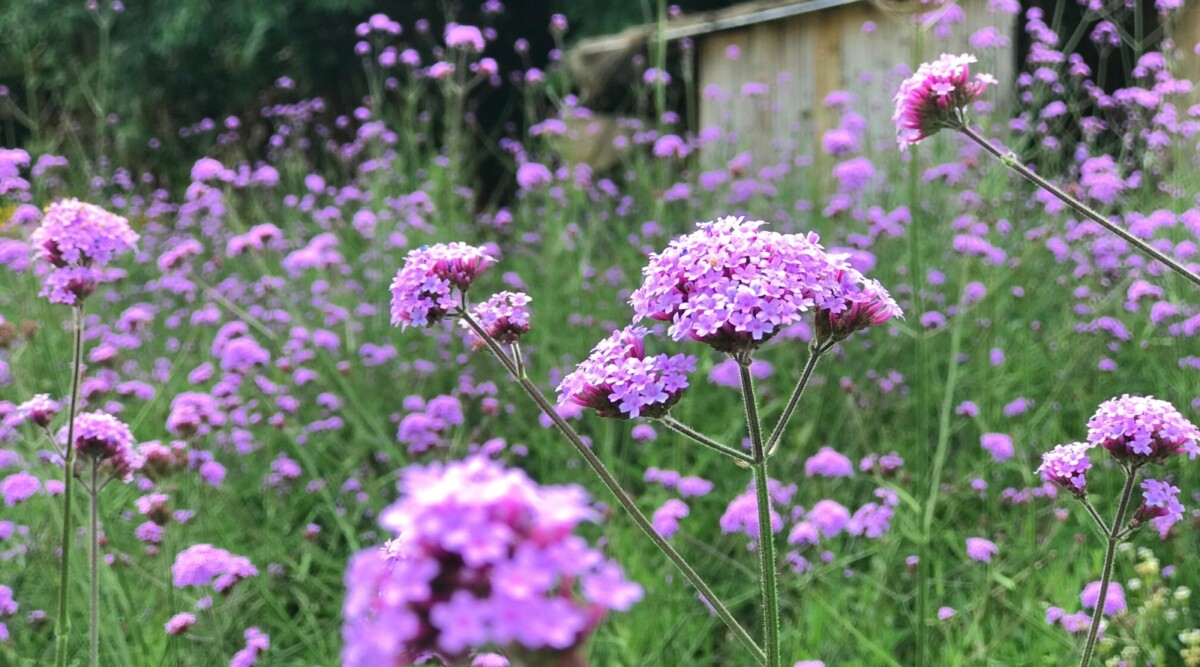

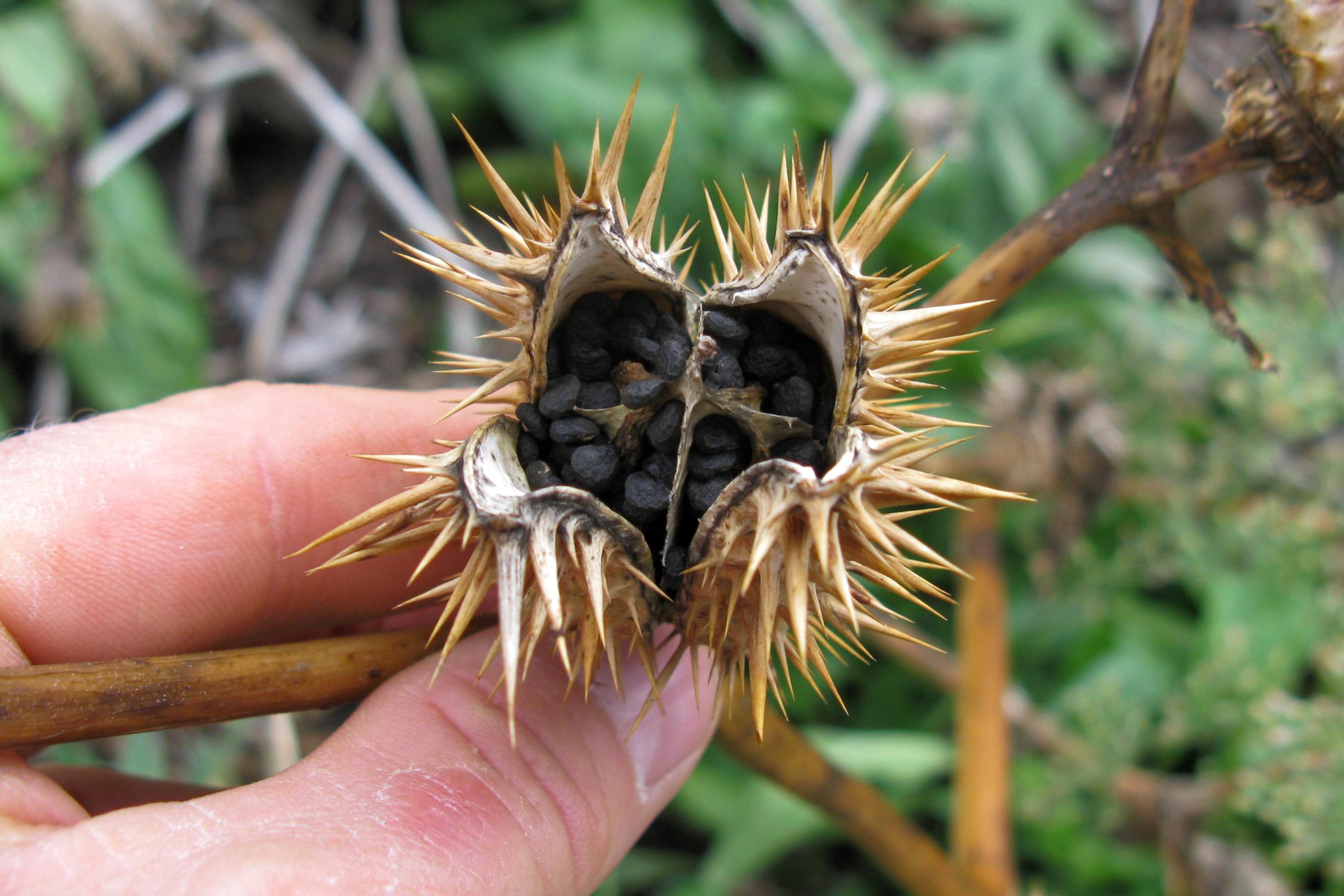
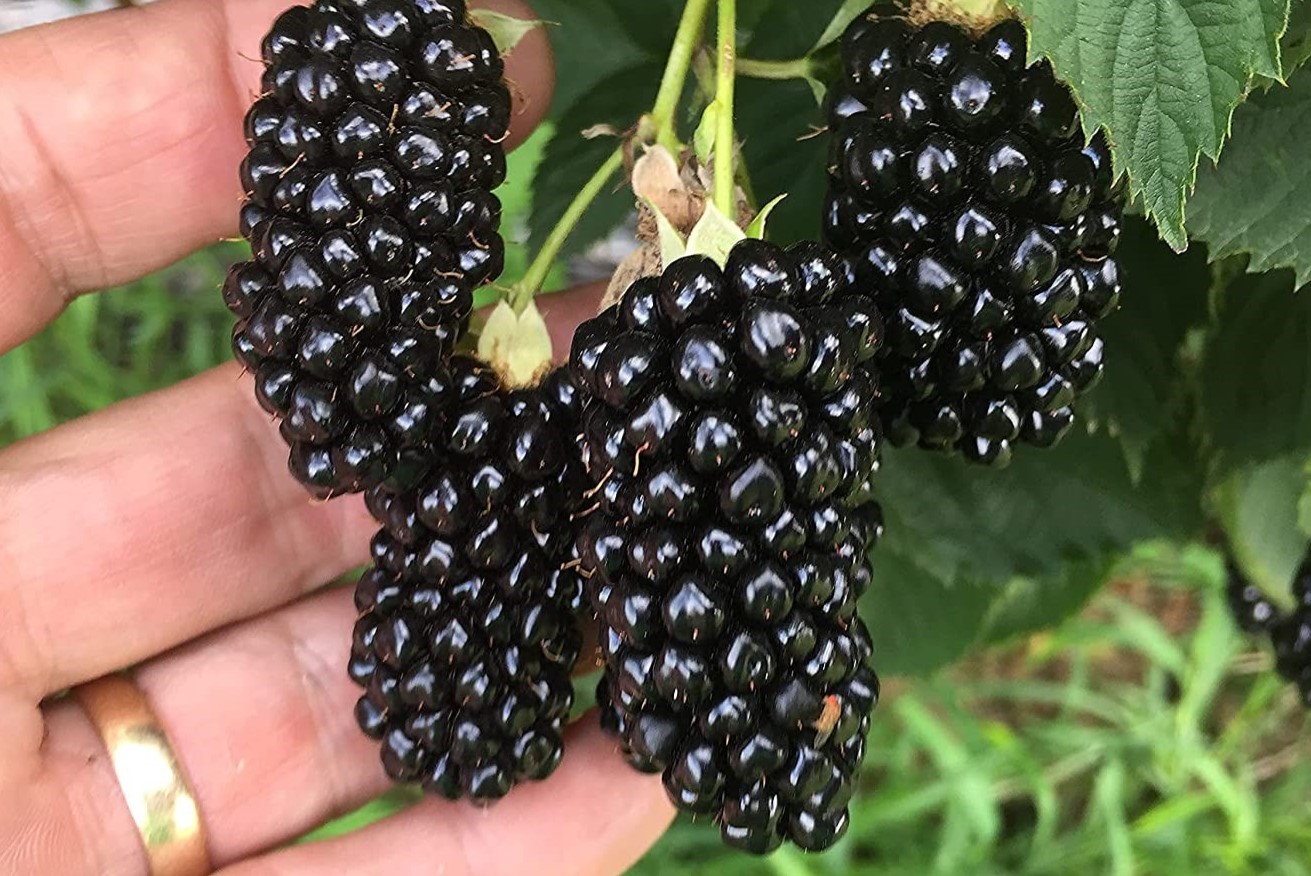
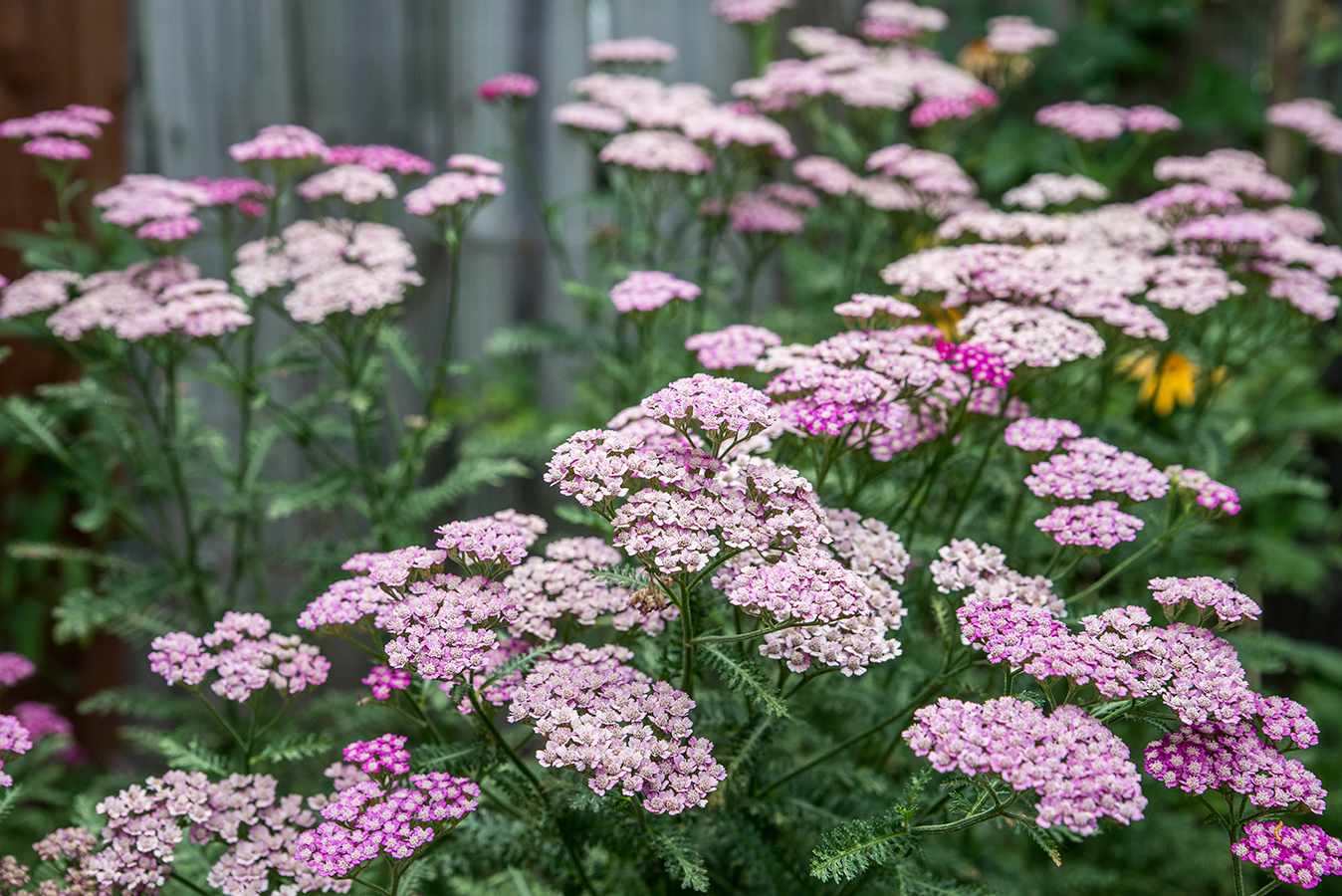
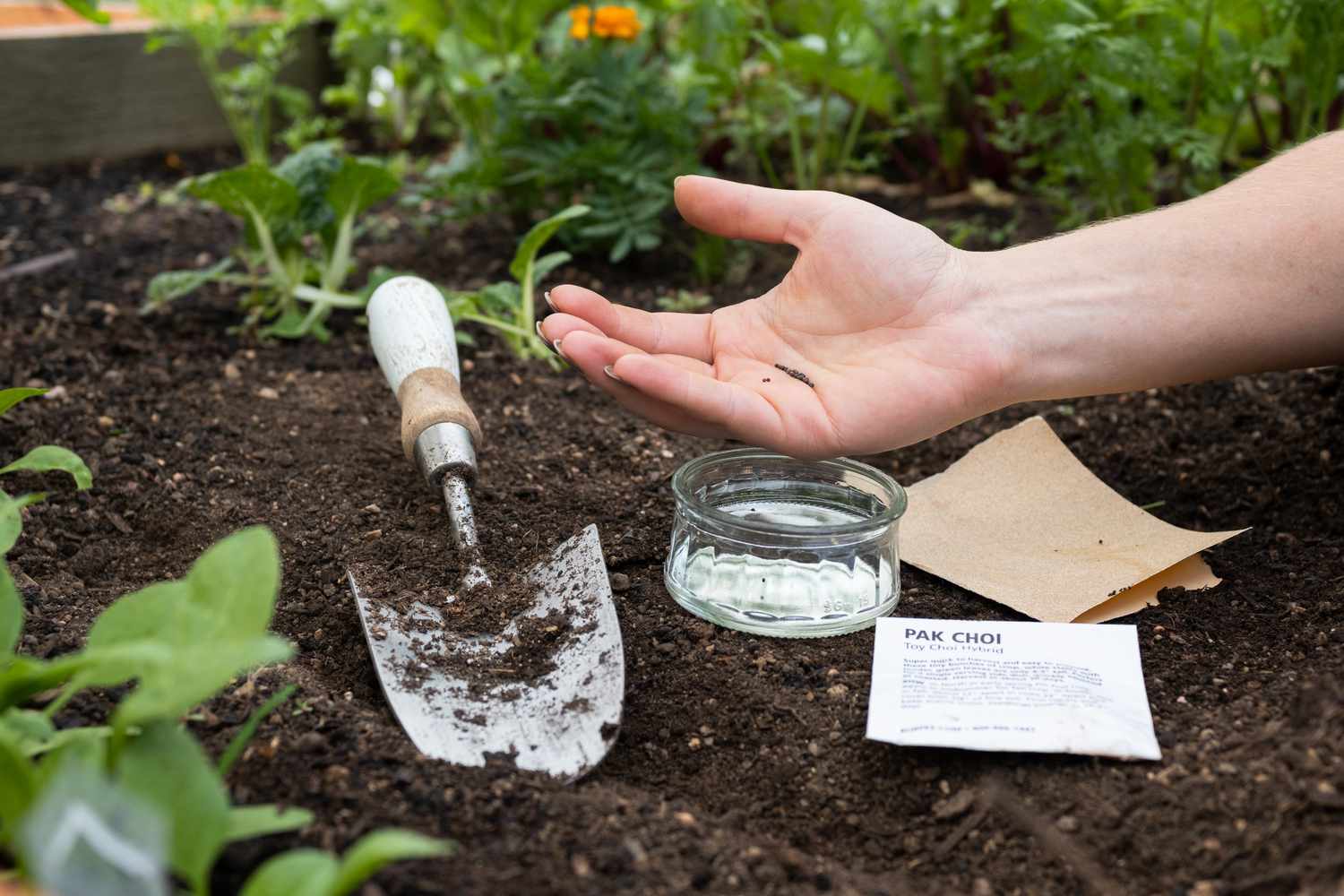
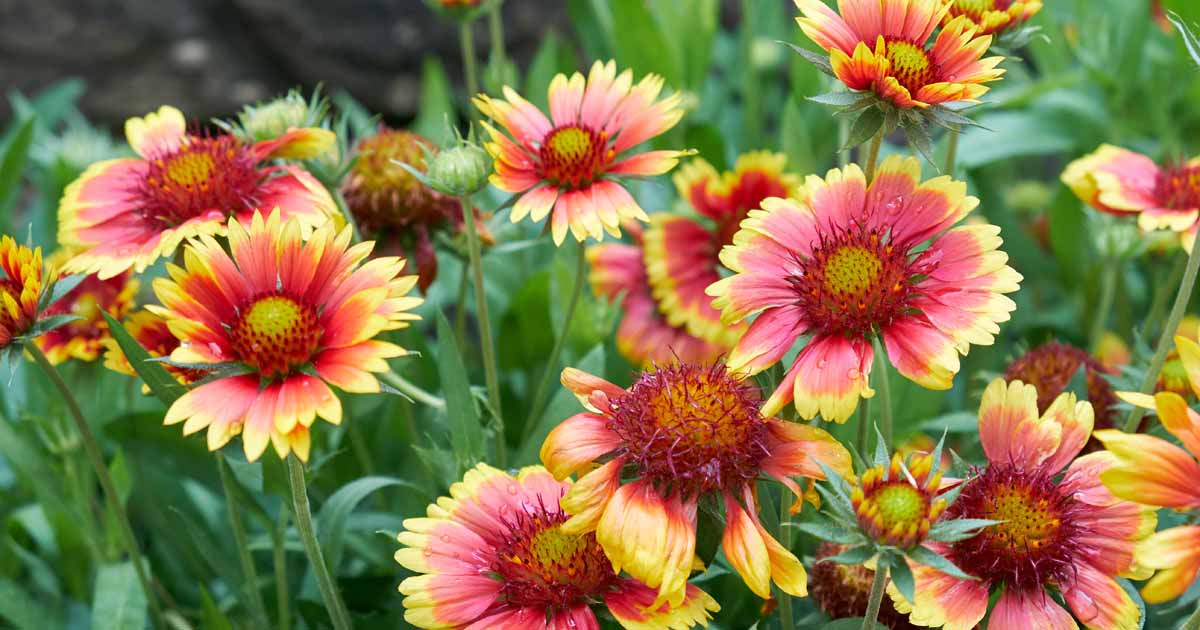
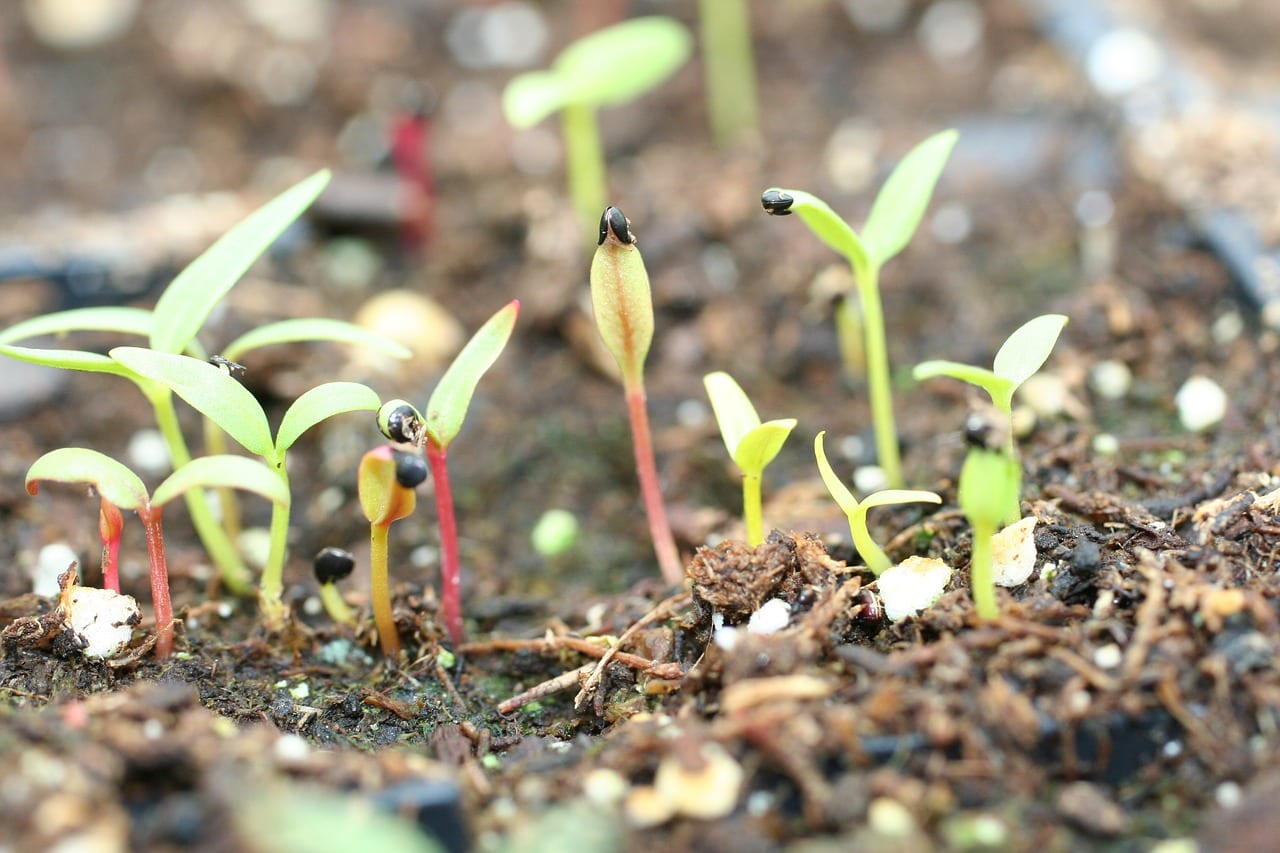
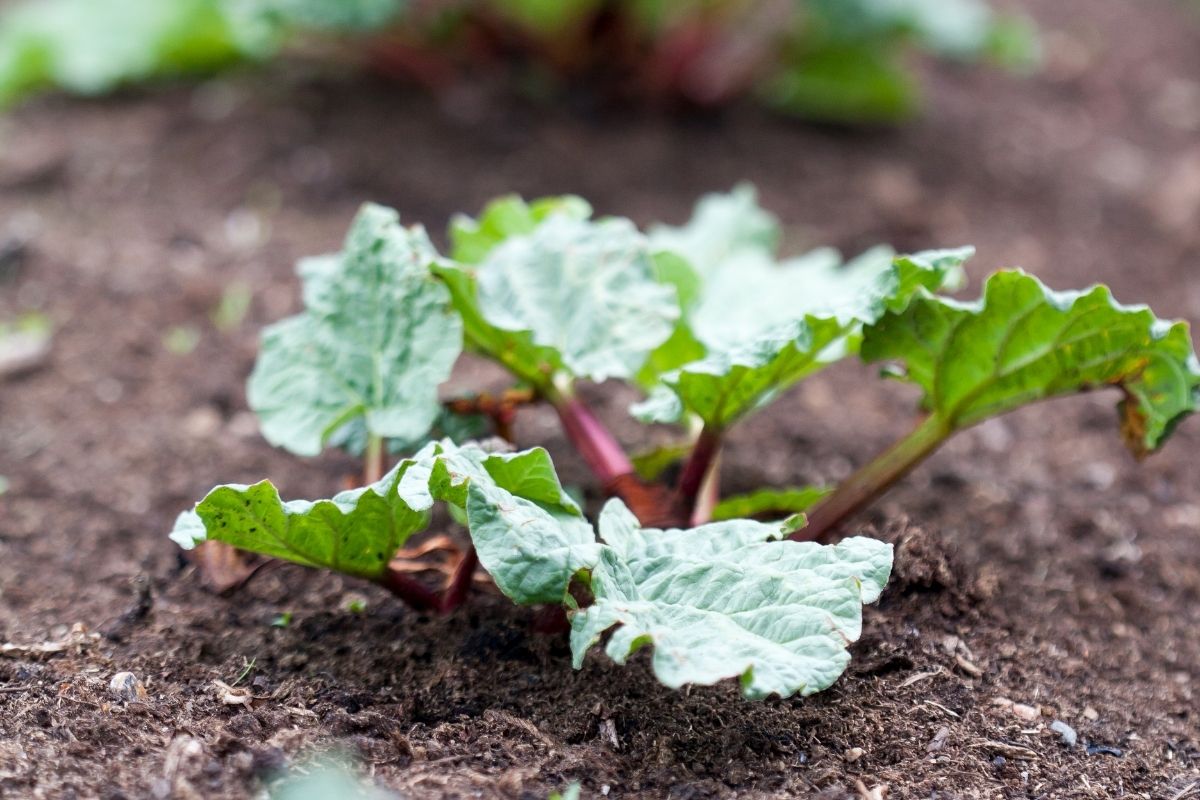

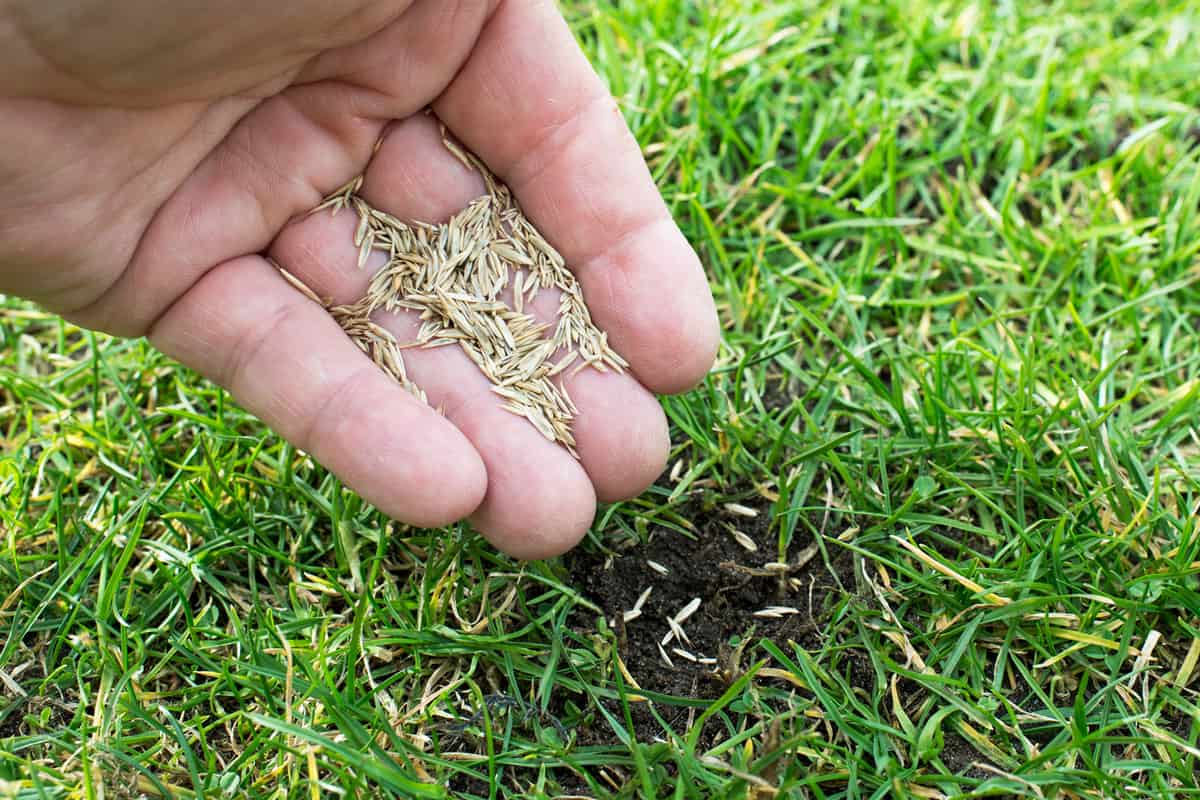
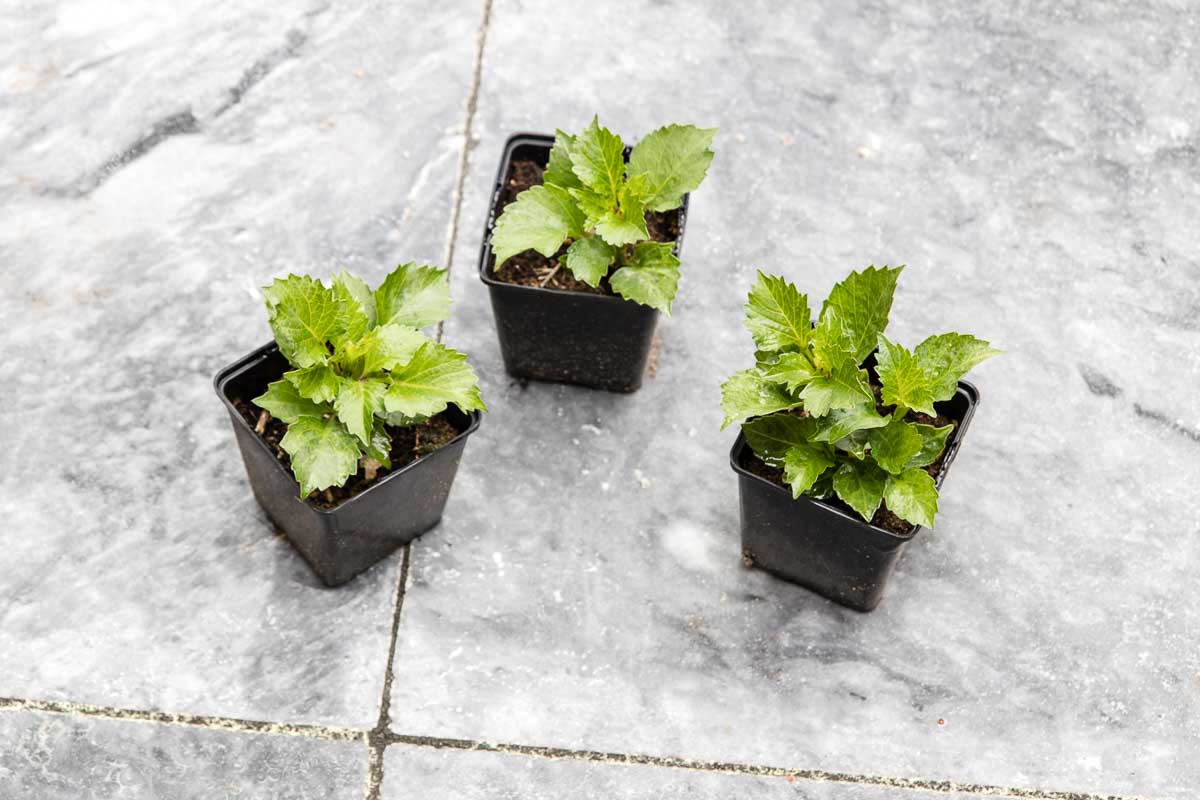

0 thoughts on “When To Plant Grass Seed In Denver”